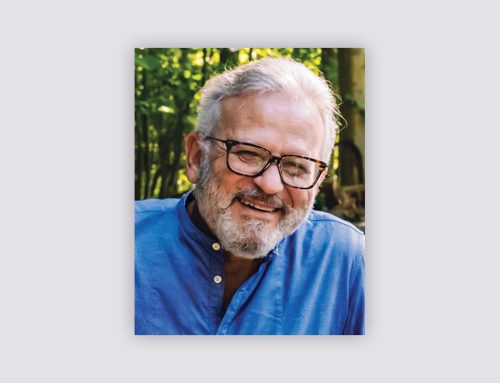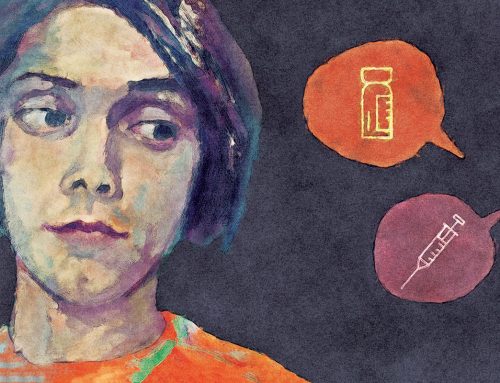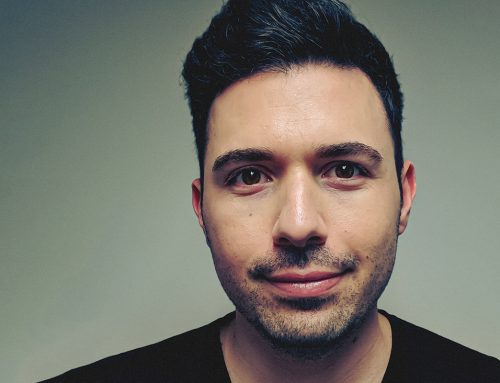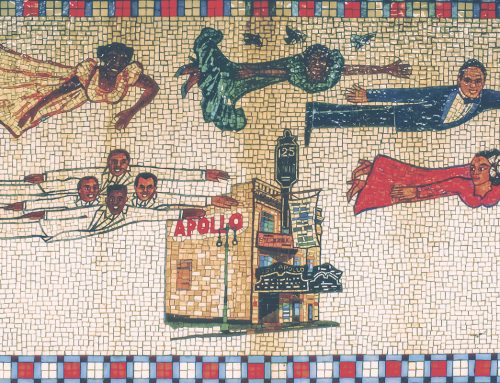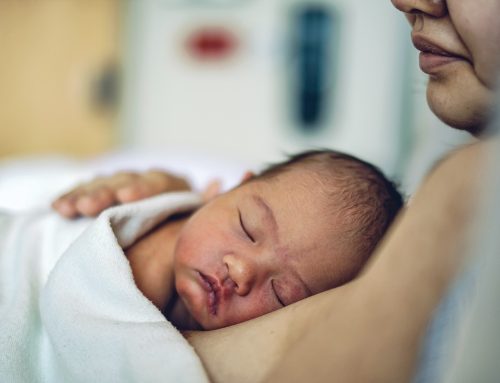
Diabetes, cardiovascular disease, kidney disease, dementia, and pregnancy complications have one thing in common: they’re all associated with poor oral health, as demonstrated by numerous studies.
While oral health has improved in the U.S., inequities are pervasive. One of the social determinants of oral health is the absence of routine dental care. The latter is directly related to lower socioeconomic and racial/ethnic minority status. Poor and minority children are more likely to have untreated tooth decay but substantially less likely to have access to oral health care than their peers—and neglected oral health in childhood can lead to pain, speech difficulties, and poor performance in school, creating obstacles for success in adulthood.
“Restricted access to proper and preventive oral health care is an extension of existing systemic racial/ethnic inequities and a core public health issue,” says CUNY SPH Dean Ayman El-Mohandes.
In the context of the COVID-19 pandemic, poor oral health is an even more pressing problem: recent studies have found that COVID-19 patients with gum disease are more likely to be admitted to the ICU, to need a ventilator, and to die compared to those who don’t have gum disease.
“Making oral health central to public health has never been more urgent, and in fact, now is the time.” says Distinguished Professor Luisa N. Borrell, DDS, PhD. “We need oral health and other health professionals who can conduct research to inform government policy on population oral health and expand access to care for our most vulnerable populations.”
For a school whose mission centers on health equity and social justice for all, expanding education in oral population health is a priority.
In 2021, cosmetic dentist and philanthropist Michael Apa pledged $350,000 to establish a new focus on the intersection of oral health and population health at CUNY SPH. This investment is supporting a scholarship fund for ten students who aspire to address significant research gaps in the area of oral population health.

Michael Apa

Luisa Borrell
For Apa, a native New Yorker who practices here as well as Dubai and Los Angeles, this has been an opportunity to make a long-term investment in his hometown, in a field close to his heart.
“With the skills and knowledge that oral population health students will gain from a great public university in one of the greatest cities in the world, they’ll have the power to create actual, meaningful change,” says Apa. “I have full confidence that CUNY SPH is the right place to inaugurate this program.”
“We are elated that Dr. Apa has chosen to invest in CUNY SPH to establish this program,” says Borrell, who leads the program. “These students will be at the forefront of fighting inequities in population oral health, by examining and developing new interventions to improve the oral health of communities in New York and beyond.”
Five Apa Scholars were admitted in fall 2021, and five more in spring 2022. The majority are trained dentists and currently practicing in New York. They are a diverse cohort of three men and seven women, with nine of the ten from under-represented minority groups.
They share a common mission in embarking on this program: a profound desire to go beyond helping one patient at a time, to understand the links between oral health and overall health, and to reshape the healthcare delivery system to incorporate oral health more broadly through their research.
Borrell tapped one of her mentees, doctoral student Parth Shah, MD, DDS, to teach the Epidemiology of Oral Health course to the Apa cohort.
“It’s been one of the most gratifying teaching experiences of my life—I have never encountered a group as hungry for knowledge,” says Shah. “I’m an enthusiastic instructor, and often find myself running overtime and apologizing to the class. But they always urge me to continue, saying, ‘We’re here for this, please go on!’ ”
Apa’s engagement extends beyond philanthropy: he maintains an active interest in the program and plans to deepen his involvement in the future as a guest lecturer and speaker.

A high proportion of Apa Scholars are dentists practicing in NYC. They aim to widen the scope of their expertise to bring increased health to people at the population level.
“I couldn’t be more impressed with this cohort of scholars,” he says. “These are experienced professionals who are passionate about advancing the field of oral population health, and it’s been a privilege to share their journey.”
Assia Bourib is completing an MPH in Epidemiology through the Apa Scholarship. As a dentist practicing in hospital settings in Algeria, she observed potential risk factors for oral cancer among her patients but lacked the skills and resources to conduct her own research.
“This is the greatest opportunity I have had since I came to the U.S.,” says Bourib, who is now a naturalized citizen. “I can focus on applying my expertise in oral health to population level research and make a difference on a larger scale.”
She finds it inspiring that Apa, one of the leading cosmetic dentists in the world today, is willing to lend his support to oral public health, “a field that hasn’t been given the attention it deserves.”
“Dr. Apa’s given us all a big chance,” she says. “It’s now up to us to do justice to his generosity.”
Selected Insights From Apa Scholars
… while I enjoy helping my patients, I want more. I see how lacking the representation is for dentistry in the overall healthcare system for at-risk populations and the homeless, and I want to be part of the solution.
— Mark Makiling
I specifically chose to pursue a Master’s in Public Health in Epidemiology and Biostatistics to develop the tools not only to carry out meaningful research into oral health but also learn how to implement change and make a difference in my community.
— Sahar Hamid
As a New York City dentist and MPH candidate, my main objective is to implement programmatic initiatives to increase access to dental care and reduce oral health disparities through education and sustainable resources.
— Vivian Trinh
